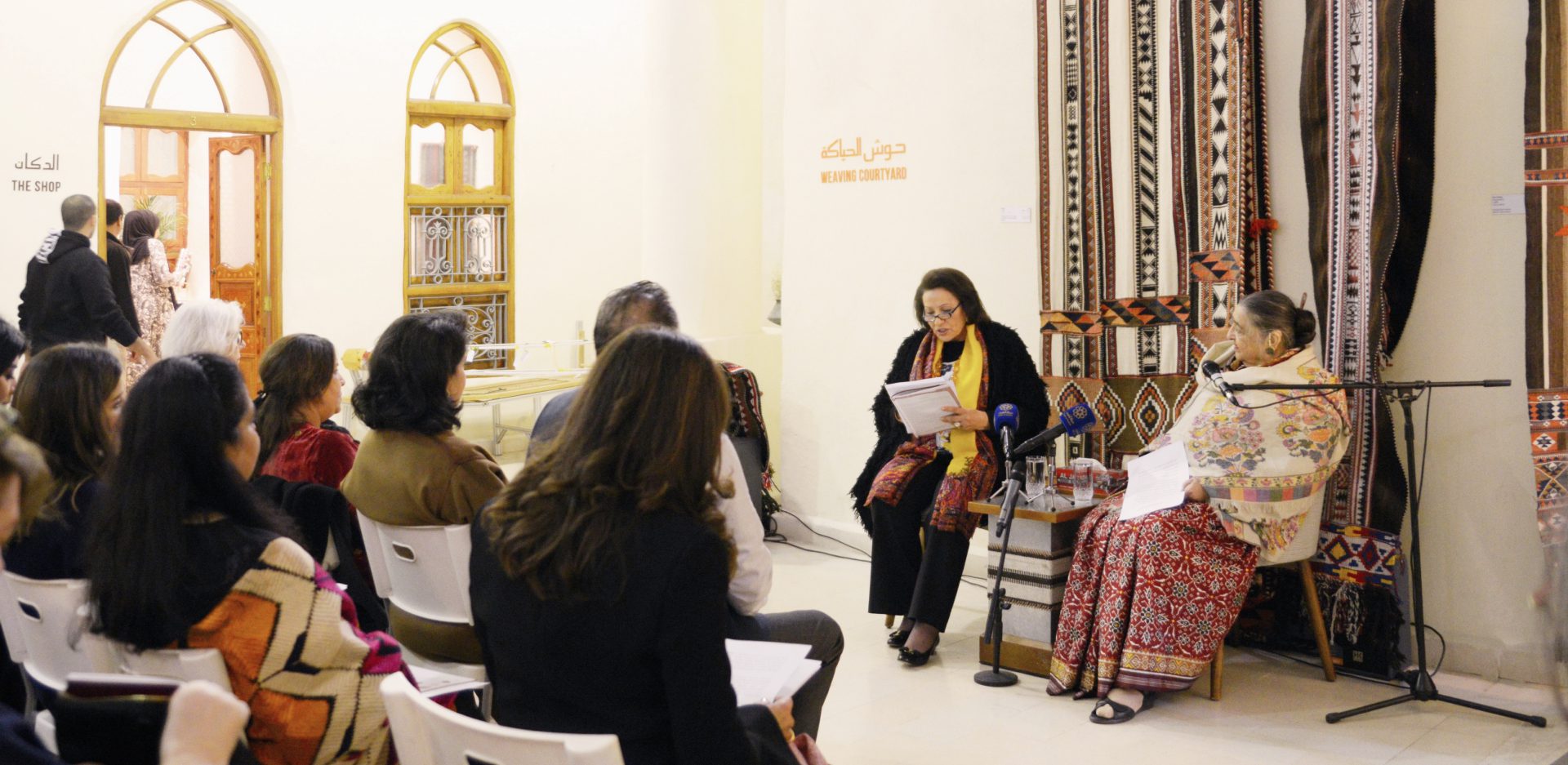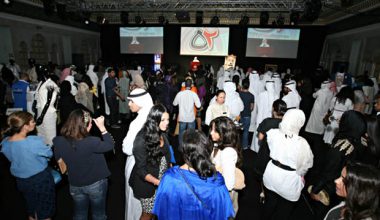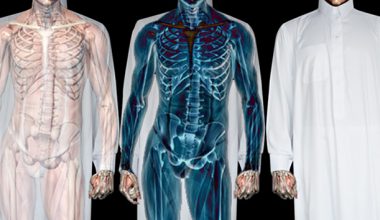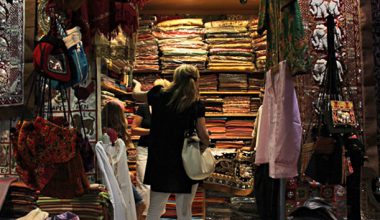By Eman Shaikh
Whether it’s the cloth of your bedroom curtains or the cute shirt you saw on a mannequin in the mall, you’ll find textiles everywhere. Textiles are, in the most basic sense, types of cloth, while the textile industry is responsible for the manufacture and distribution of the said cloth, garments and clothing, and even yarn. Though this industry does not receive many highlights as compared to the fashion industry, its produce is still an important part of our lives and a prominent marker of culture and traditions.
Jasleen Dhamija, an Indian veteran in the textile industry, is one of the most popular names in the field, not only as a talented worker but also as a pioneer of new techniques.

Born in 1933, Dhamija started her career in her early twenties, in the year 1954. Her awareness of her talent kindled in 1952 when she was a master’s student in college. Dhamija worked with textiles with the hopes of earning funds for her education and she has not stopped since then. The aesthetics of the work captivated Dhamija; the more she worked, the more she felt a great deal of respect toward the experts – referred to as ‘masters’ by her – for their ability to preserve their culture and traditions into the work. Following the lead of her masters, Dhamija too became deeply involved with tradition and considers them an important part of people’s lives.
When asked about the competition she had to face early on in the field, she said she didn’t have any. “The work on traditional skills was just beginning and there were no trained persons or training institutions,” she said. Perhaps this was the reason why when she began her career in 1954, Dhamija paired up with craft revivalist Kamaladevi Chattopadhyay and worked on bringing back the craft, community development and, most of all, employment for women. When I asked about her inspirations, she once again turned to her masters.
“I was moved to see that these masters who were skilled in many traditions were discriminated against and were marginalized and I felt I had to work in giving them their rightful place in our society,” she said, before continuing to describe their deteriorating financial state and her eagerness to help them. In fact, being able to work all over the world and helping improve her masters’ standards of living are said, by her, to be the greatest feats of her career.
Textiles play a massive role in conserving the Indian tradition. Rites of passage ceremonies in India are amongst the most important events for the locals, each holding a particular meaning and importance. The traditional nature of the events leads to a careful selection of garments; this is when textiles come in. Dhamija mentions the Patan Patola (or Patola Sari) of Gujra and Bandha of Orissa, which are two of the textile garments that have always been a part of their rite of passage ceremonies, starting from birth to marriage rituals, protective rituals, and the final stages of their lives.

Dhamija’s excellence in the field took her to work with the United Nations where she helped unemployed women develop self-helping programs to support themselves in the war-torn Balkan countries.
“Working with the United Nations Development Program gave me the opportunity to study the different cultures and traditions and enriched my experience,” she said. “I did not restrict my response to my own traditional background.”
Dhamija has come a long way – starting off as a financially struggling master’s student and now an ‘International Specialist on Cultural Heritage and Economic Development’ and has published several books on subjects related to textiles and traditions. She has pioneered research and contributed a great deal to the textile industry, all while fulfilling her initial dreams and maintaining her respect for her roots. Dhamija is a woman of great sense and aesthetic with her work and accomplishments being a medal for her journey.
Photographs taken by Sara Al-Kout.







